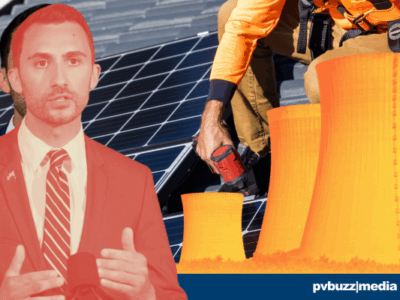FCHEA | Press Release — When President Obama and Indian Prime Minister Modi announced plans at the end of January to collaborate on efforts to fight climate change, fuel cell power systems were already emerging as a go-to alternative technology for Indian telecom companies that demand high reliability and efficiency while reducing emissions and noise.
Two recent reports underscore the issues facing India. First, the Yale Environmental Performance Index ranked India 174th out of 178 countries on air pollution. India’s growing telecom sector, the second largest in the world with more than 500,000 cellular towers, contributes more than 2% to India’s total greenhouse gas emissions.
Currently, the majority of remote or rural telecom sites use diesel generators, which can be extremely noisy, dirty and difficult to maintain. More recently, scientists at the Indian Institute of Tropical Meteorology reported that the Indian telecom sector could utilize up to 7.5 billion liters of diesel per year to power these mobile towers.
In 2011, India’s Department of Telecommunications mandated the use of hybrid systems to reduce carbon emissions, with the goal of 50% of rural and 20% of urban towers powered by hybrid power by 2015. The recommended hybrid technologies included fuel cells, and Indian telecom companies are already realizing the benefits fuel cells bring to the table.
Fuel cells have a much longer runtime than diesel generators and even batteries, so they are ideal for remote locations. They are also quiet and much lighter, so they can be sited inside, outside or even on rooftops in urban settings. Fuel cell systems today can run on hydrogen, methanol, biogas, natural gas or propane, depending on a customer’s fuel availability and can also integrate solar and/or wind-power to generate renewable hydrogen via electrolysis.
Over the last year, several fuel cell manufacturers have entered partnerships with Indian companies to increase deployment of fuel cells for telecommunications backup and grid stabilization:
• In January 2015, Intelligent Energy (IE) announced its subsidiary, Essential Energy India, successfully completed the first test phase of a fuel cell installed at an Ascend Telecom Infrastructure Private Limited mobile tower in Uttar Pradesh West, a remote area with regular power outages. The unit was reported to improve site power availability while reducing fuel use by 18% in a six month period. IE entered a multi-year agreement with Ascend Telecom in 2014 to provide advanced power solutions, including fuel cell power systems, to replace the company’s diesel generators.
• In March 2014, IE also entered a 15-year agreement with another Indian telecommunications company, Microqual Techno Limited, to install fuel cells in Microqual’s mobile telecom base station equipment on existing electricity transmission towers.
• In early 2014, Idea Cellular began a pilot project and feasibility study testing methanol-based fuel cells from Ballard Power Systems, integrated with solar, to generate continuous power at five of its wireless base station sites in India. Funding for the project and study was provided through a grant from the United States Trade and Development Agency (USTDA). Idea Cellular has been powering telecom base stations in the region of Nadga, Madhya Pradesh with Ballard’s ElectraGen™-H2 direct hydrogen systems since early 2012. These systems use low-cost, by-product hydrogen from a nearby chemical product plant.
As fuel cells continue to prove reliable, long-lasting, and cleaner alternatives to diesel generators, the telecom sector can continue to grow, expanding service to underserved communities while helping India reach its climate goals.
Moreover, other industries in the country also are interested in fuel cell technology. In March 2014, IE’s Essential Energy joined with Hydro Industries to integrate fuel cells into Hydro’s water purification technology. The partnership could lead to deployment at thousands of sites in India over the next five years, helping that nation provide clean water to its people while reducing harmful emissions.













Comments